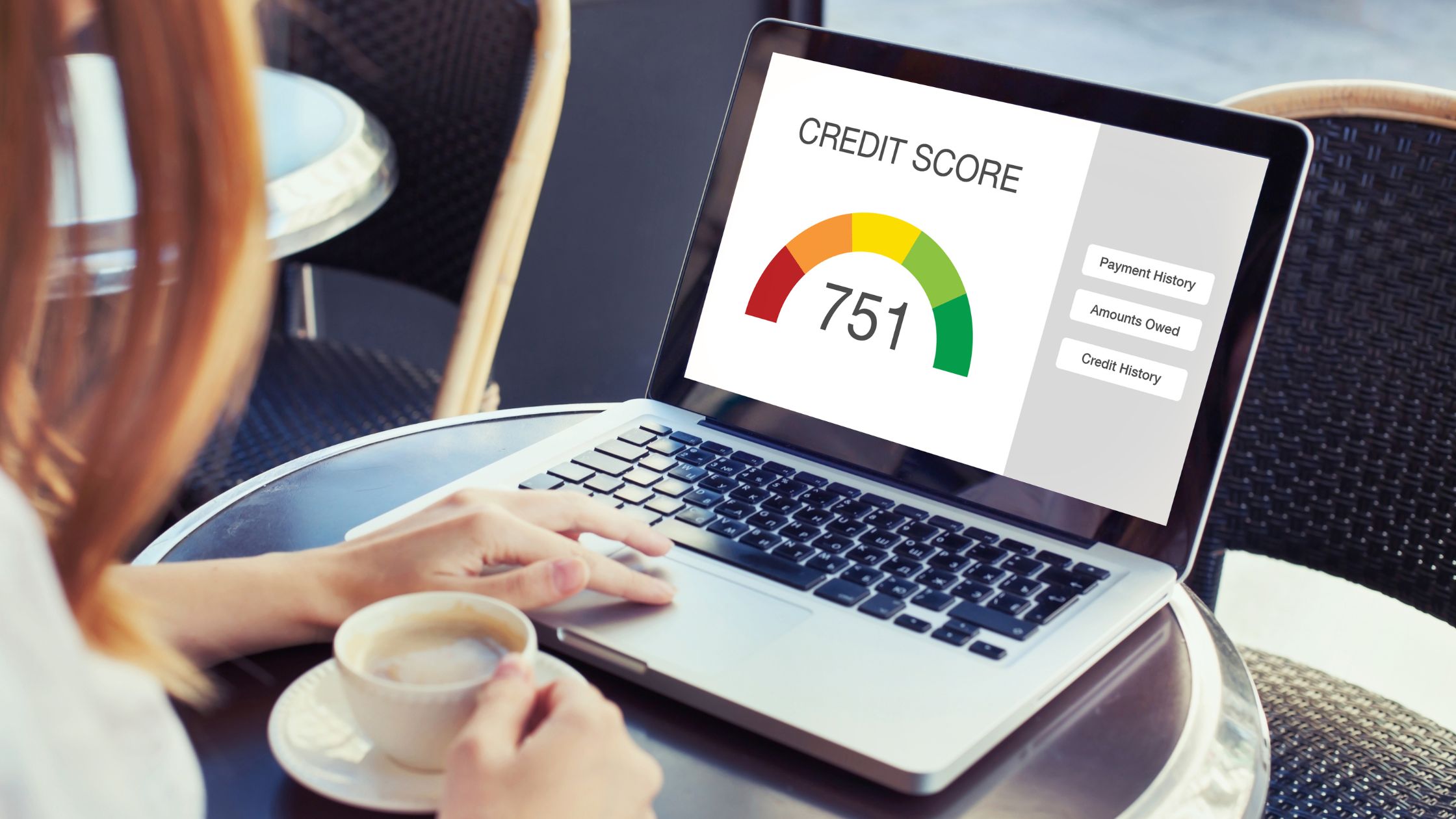Your credit score is one of the most important measures of your financial health. The higher your score, the easier you will find it to be approved for loans or new lines of credit. In fact, a higher credit score can provide you with advantageous loan terms and the lowest available interest rates.
If your credit score is in need of improvement, you’re in luck. There are simple steps you can take to bring your score up and improve your financial position. Here are five fast ways to improve your credit score.
1. Review your credit report
By law, you’re entitled to one free copy of your credit report every 12 months from each of the major bureaus. But even though you can review these reports for free each year, only 33% of Americans checked their credit report in the past year.
Your credit score is heavily based on the information in your credit report. Therefore, it’s beneficial to review your credit report once a year at a minimum. Checking your credit report allows you to dispute any errors that may be negatively affecting your score.
2. Pay your bills on time
Did you know that late payments can stay on your credit reports for 7 ½ years? According to Experian, payment history is the most influential factor in both FICO and VantageScore credit scoring systems. Because of this, no strategy to improve your credit will be effective if you’re not paying your bills on time.
Make a habit of paying your bills on time and avoid late payments at all costs. Just one missed payment can greatly impact your credit score. Keep track of your monthly bills, set due date alerts, and set up autopay to ensure that you never miss a payment again!
3. Make frequent payments
The portion of your credit limits you’re using at any given time is called your credit utilization. Your credit utilization is the second-biggest factor in your credit score behind paying your bills on time. A general rule of thumb is to aim for a credit utilization ratio of 30% or less.
Making frequent payments throughout the month, as opposed to paying all at once, can help keep your credit card balances down and improve your credit score. Having a high balance on your credit accounts can lead to a high credit utilization rate and hurt your credit score.
4. Keep unused accounts open
The longer you’ve been using credit, the better it is for your credit score. When you close a credit card, you lose that card’s credit limit when calculating your overall credit utilization ratio.
Along with improving your credit utilization, keeping old accounts open will improve your average credit history length – which accounts for 15% of your credit score. Potential lenders want to see that you’ve managed credit for a while, so keep those credit accounts with a balance of zero open. You will benefit from longer average credit history and a larger amount of available credit.
5. Diversify your credit accounts
Simply put, a credit mix refers to the types of different credit accounts you have – mortgages, loans, credit cards, etc. Lenders believe that the better you manage different loans and lines of credit, the lower their risk when lending you money.
While credit mix determines just 10% of your FICO score, if you’re looking to reach a credit score of 800 or higher, diversifying your credit accounts can take your score to the next level. For example, if you only have student loans or an auto loan, choose a starter credit card that you are likely to qualify for.
A good credit score can unlock savings and benefits, including access to favorable loans, terms, and credit cards. With these five quick and easy steps, you can improve your credit score in no time.
No SSN required. Zero impact to credit. Your Information is never sold.



